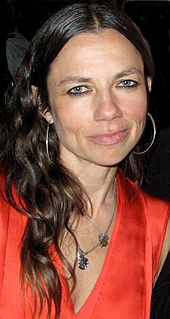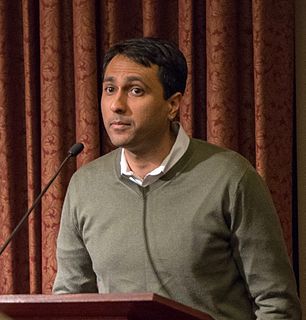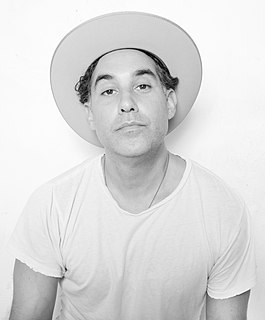A Quote by Theodore Sturgeon
I write a story as if it were a letter to someone and essentially, that's what you do.
Related Quotes
Darling, You asked me to write you a letter, so I am writing you a letter. I do not know why I am writing you this letter, or what this letter is supposed to be about, but I am writing it nonetheless, because I love you very much and trust that you have some good purpose for having me write this letter. I hope that one day you will have the experience of doing something you do not understand for someone you love. Your father
Someone asked me if I would like to write a man on death row, be a pen pal, and I was like, sure. I volunteered. I had been in a place in my life - a relationship had ended; my parents were getting elderly - I was kind of adrift. The name that was given to me, just randomly, was Todd Willingham. And he wrote me a letter, and in this letter, he thanked me for writing him and [said that] if I would like to visit, he would put me on his visitor list... I was just really struck by the letter from Todd. It was very polite; it was very kind.
I started writing by doing small related things but not the thing itself, circling it and getting closer. I had no idea how to write fiction. So I did journalism because there were rules I could learn. You can teach someone to write a news story. They might not write a great one, but you can teach that pretty easily.
I always write authors after I read their books. I've been doing it for years. I write a formal letter and send it to them in care of their agent. My mother always taught us to write thank you notes, and if an author puts themselves out there, they like to hear that their book connected with someone.
I remember one letter from a girl in a midwestern town who read one of my books and thought she had discovered it- that no one had ever read it or knew about it. Then one day in her local library she found cards for one or two of my other books. They were full of names- the books were borrowed all the time. She resented this a bit and then walked around the town looking in everybody's face and wondering if they were the ones who were reading my books. That is someone I write for.
Everywhere I go - from villages outside Kandy, Sri Lanka, to community centers in Amman, Jordan, to offices at the State Department in Washington, D.C. - I find people with a similar story. When thousands of people discover that their story is also someone else's story, they have the chance to write a new story together.





































